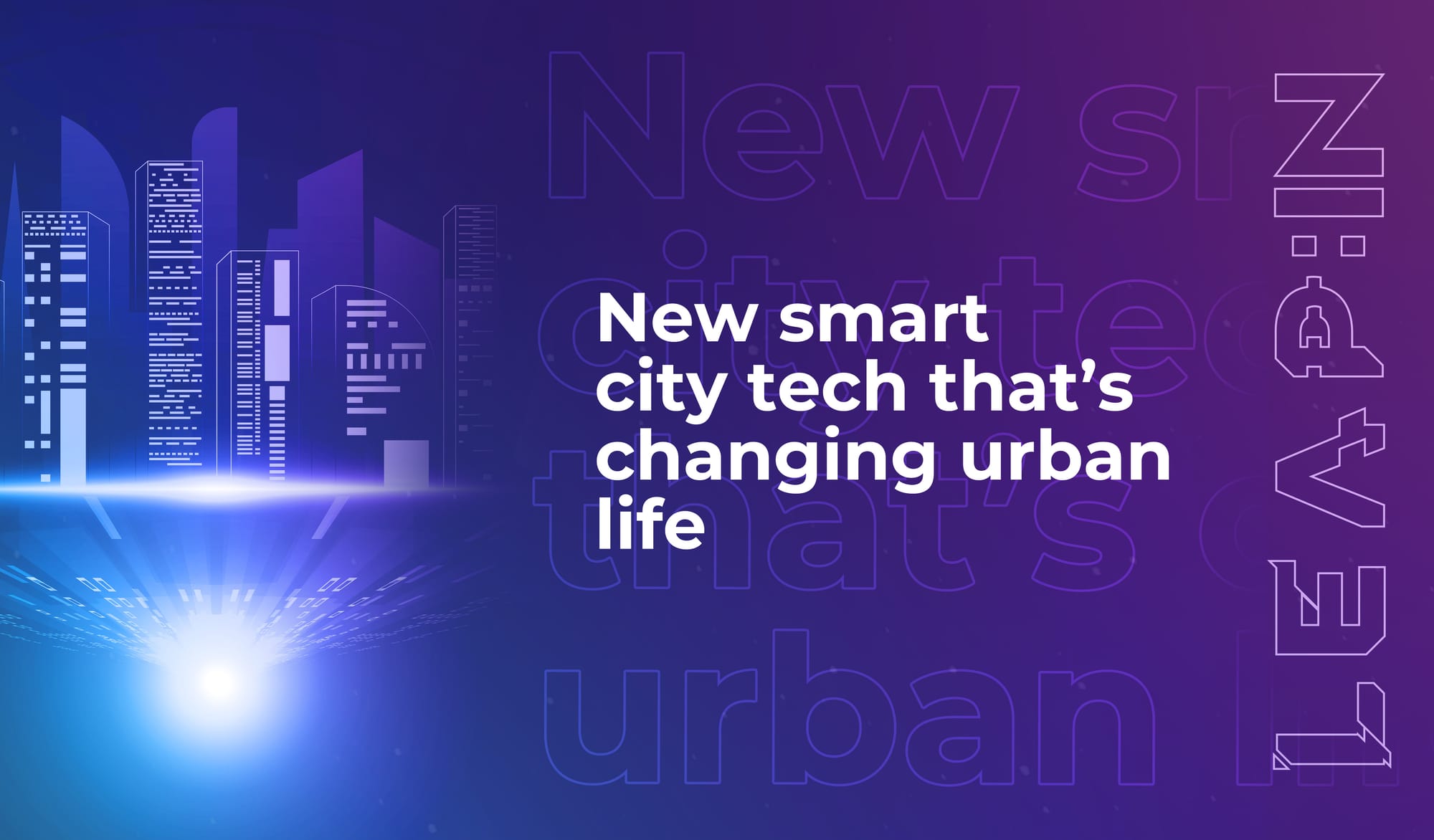

Are questions the currency of the future?
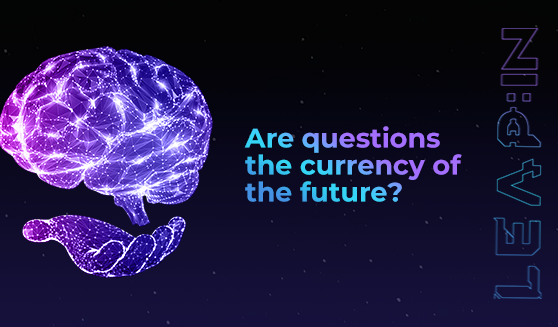
Welcome to the 78 new techies who have joined us since last Friday. If you haven’t already, subscribe and join our community in receiving weekly tech insights, updates, and interviews with industry experts straight to your inbox.
Our weekly pick of mind-bending and world-changing insights from LEAP speakers and thought leaders.
This week we’re quoting will.i.am (American Rapper, Futurist and Tech Entrepreneur)
What will.i.am said:
“Reskilling, upskilling – let’s not say that anymore. Because we’re in the age of forever learning.”
You might remember…
In our newsletter a couple of weeks back, we made a promise: to keep learning for the rest of our lives.
And given that will.i.am said pretty much the same thing at LEAP 2023, we wanted to talk a little more about why learning is the new wisdom.
A little context
Right now, as we type, things are moving fast in tech.
Two days ago (at time of writing), OpenAI announced more than 70 third party plugins for ChatGPT that will enable you to do things like search the web, make a dinner menu and add all the ingredients to your e-commerce shopping basket, scrape information from a PDF, and much more.
Recent research by Gartner suggests the next AI trend in 2023 will be combining machines and people to “enhance cognitive productivity.” The report estimates that this year, half of the complex work in infrastructure and operations teams will be done by machines.
And AI’s got budget. while the market size was valued at USD $87.04 billion in 2021, it’s projected to reach $164.99 billion in 2023 – and $1.5 trillion by 2030.
AI will change learning values
No, scratch that – AI is already changing learning values.
Once upon a time, knowledge mattered.
The people who could learn and store (in their brains) the most knowledge were considered to be the wisest people. Maybe even the most intelligent people.
The idea of any individual having access to all the information in the world was far-fetched. It was ludicrous. Imagine if one person could know everything, we used to dream.
But now, through global connectivity and AI, it is possible for almost all existing knowledge to be accessed in one place. Theoretically, AI can know everything that humans have ever recorded.
So the wise people of the future won’t be the ones who have the most knowledge. We’ll all have access to knowledge.
Are questions the currency of the future?
The wise people will be the ones who know how to craft the best possible questions. The ones who understand how to use curiosity and language to tease out the most insightful and relevant knowledge from the resources available.
Forever learning isn’t about cramming as much knowledge into your brain as you can. It’s about cultivating a curious mindset – and being open to hearing answers you couldn’t have imagined.
Read the blog: The era of the ideas person
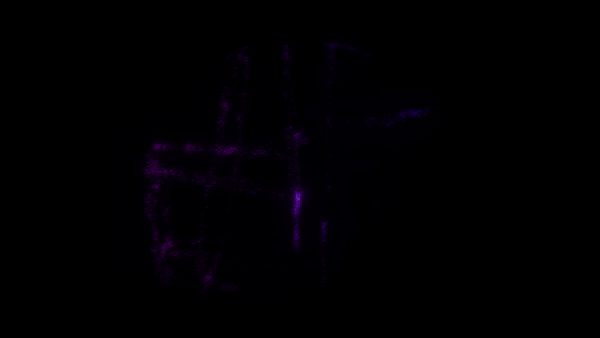
This week we’re also quoting Dr. Sian Proctor (Geoscientist, Astronaut, Artist, Space2inspire)
What Proctor said:
“Our whole capsule is flooded with light as the forward hatch opens and reveals Earth. It’s the moment of Earth light. Feeling the Earth’s light upon my face was transformative. Earth light is like moonlight, but only more spectacular and beautiful.”
What’s this got to do with learning?
We think this has everything to do with learning.
Proctor was describing a moment in space that created a profound shift within her. Her perspective changed. She understood something in a different way – simply because she experienced something in a different way.
As the AI market continues to be a little noisy, and the world continues to chatter about whether or not the impact will be mostly good or mostly bad, tech can feel a bit overwhelming. There’s a growing sense among the general public of pressure to keep up:
Do you know about the latest tools? Do you know how to use them? Are you falling behind?
So let’s zoom out for a moment.
Let’s imagine that we’re feeling Earth light on our faces for the first time.
It’s possible to learn – in a moment – that our ideas can change, our perspective can change, and our goals can change. And simply knowing that is a powerful tool for navigating the era of forever learning.
We can work to understand and leverage new technologies. And we can also accept that sometimes, understanding will strike when we least expect it. We’ve just got to be open to change.
Read the blog: Inclusive leadership - in space
Have an idea for a topic you'd like us to cover? We're eager to hear it! Drop us a message and share your thoughts.
Catch you next week,
Richard McKeon
Marketing Director
P.S. - Mark your calendars for LEAP 2024 📅 4-7 March 2024. Want to be a part of the action?

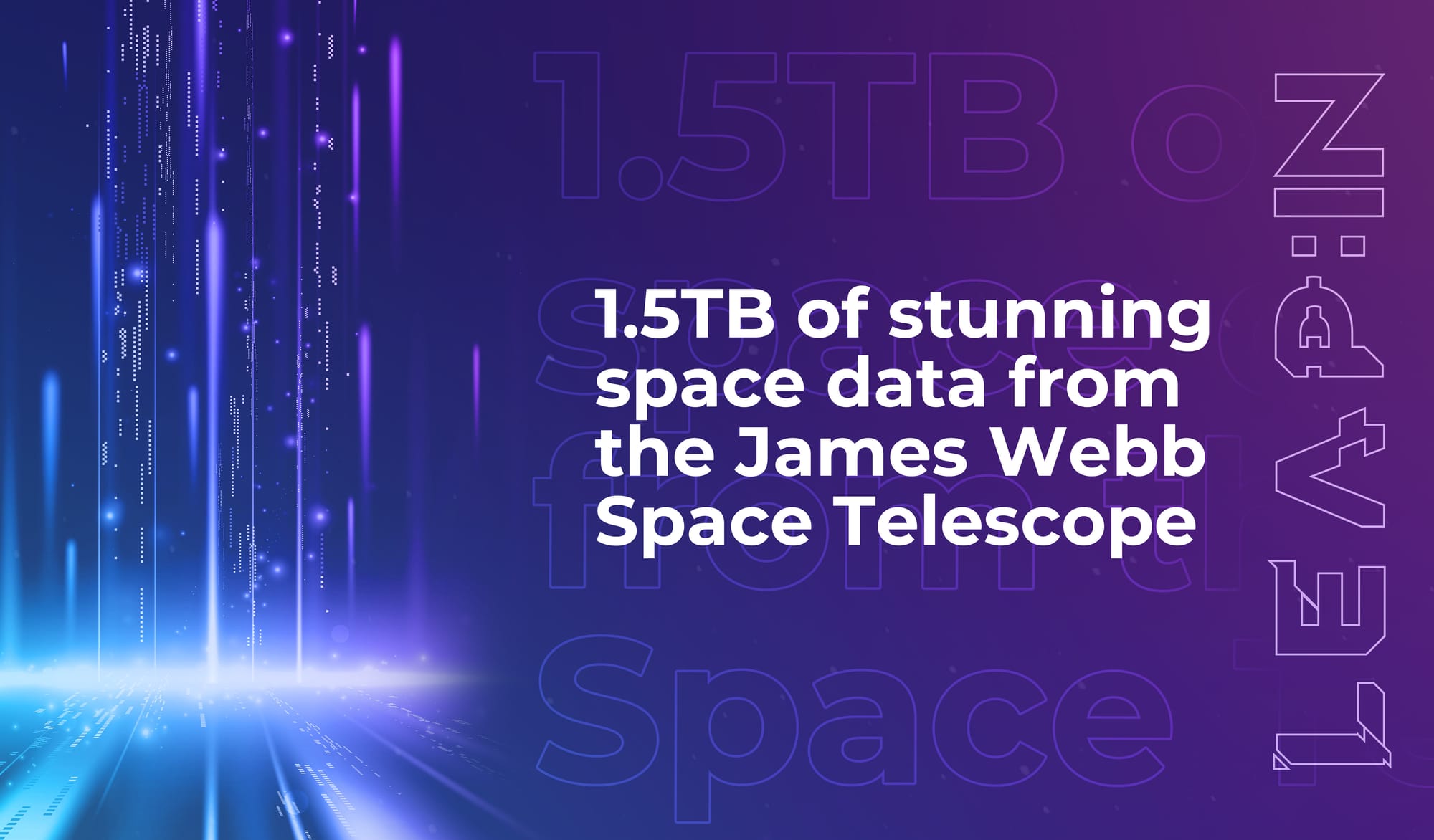
1.5TB of stunning space data from the James Webb Space Telescope
Get some perspective from 800,000 galaxies
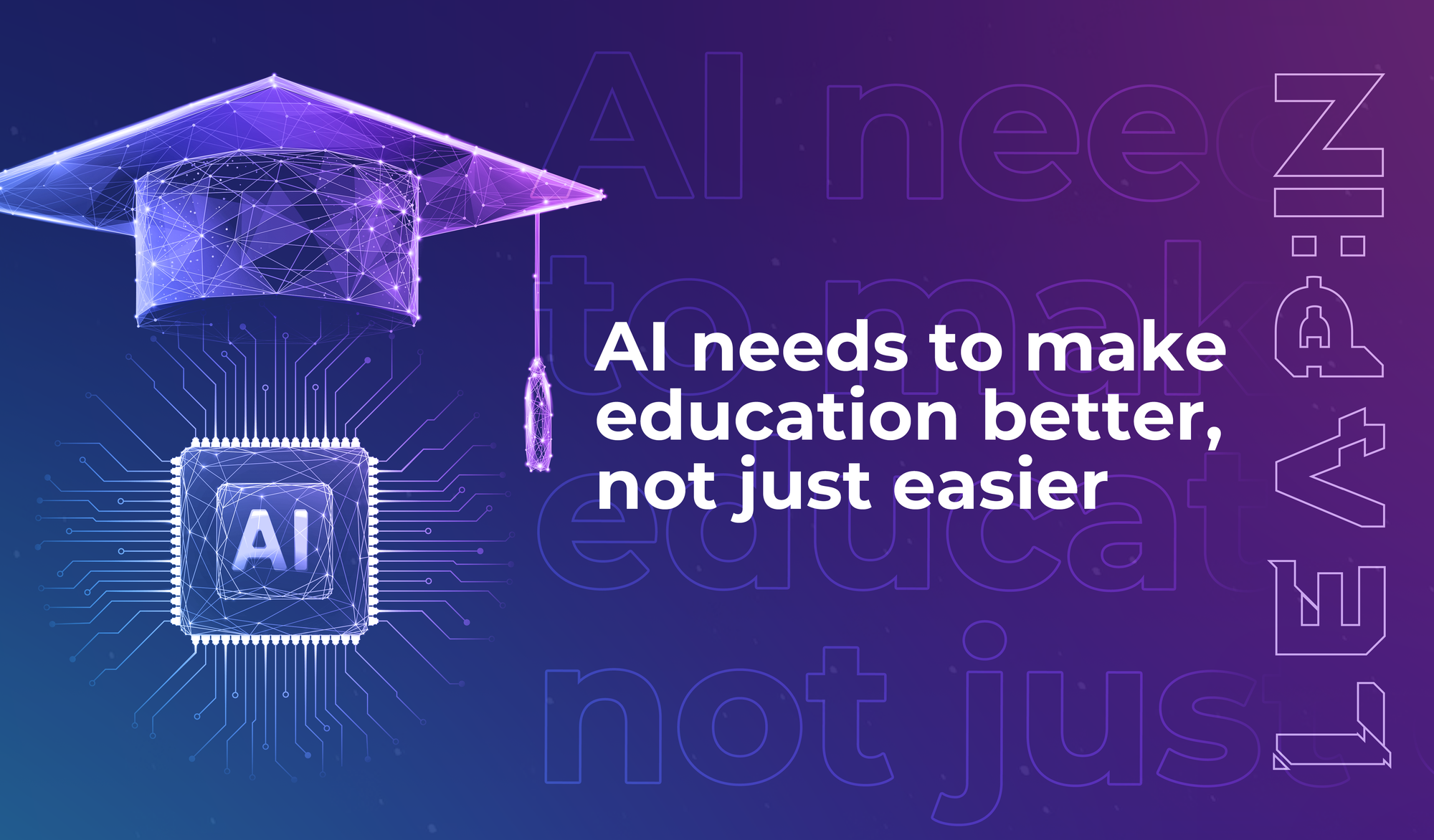
Related
articles


1.5TB of stunning space data from the James Webb Space Telescope
Get some perspective from 800,000 galaxies

